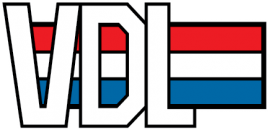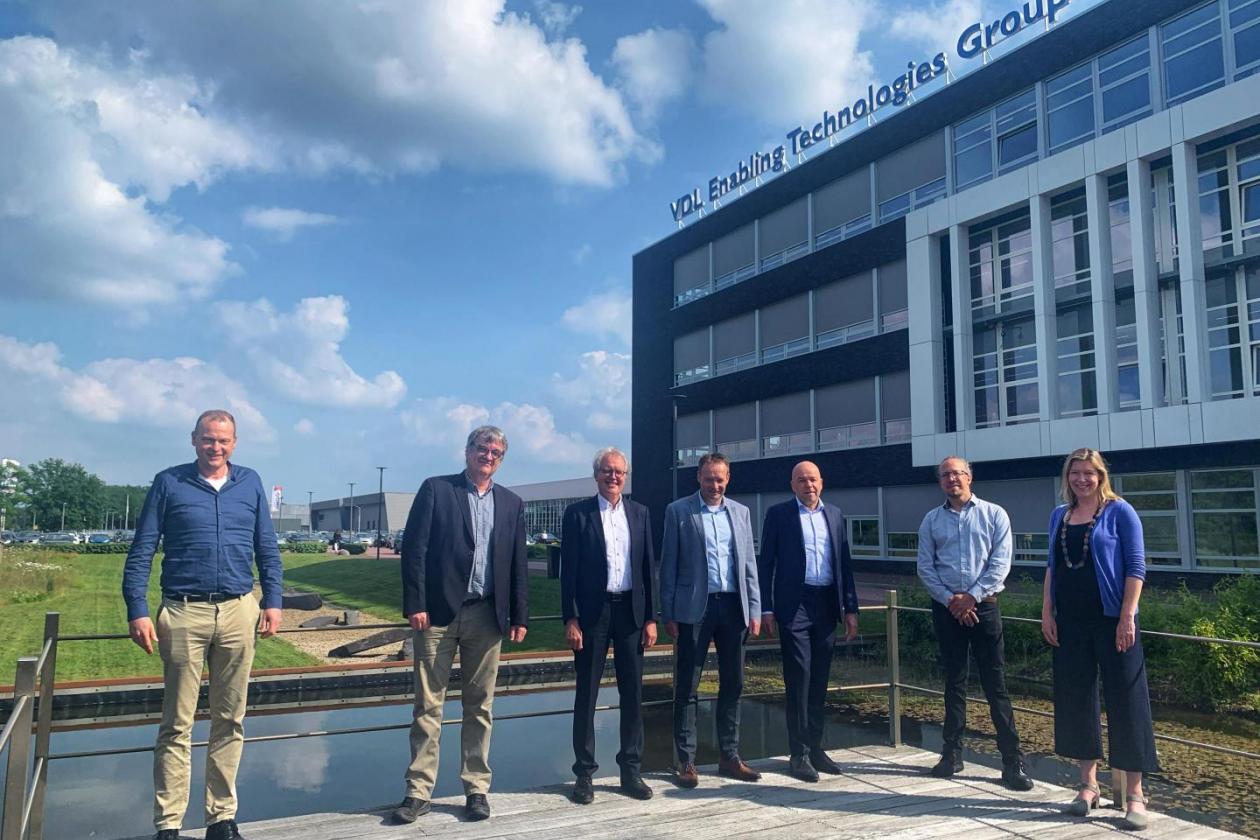VDL Groep and University of Twente partnership for high-tech production in the Netherlands
VDL Groep and the University of Twente (UT) will intensify their partnership to further high-tech development and production. The two parties have signed a contract to invest in joint research, supported by Holland High Tech (the executive office of the Top Sector High Tech Systems & Materials (HTSM)). The contract involves millions of dollars.
The first study topics deal with the development and production of electric motors (actuators) using superconductivity (the elimination of electrical resistance in special materials when they are cooled to low temperatures) and measuring and improving the purity of ultra-clean components as a basis.
The partnership forms part of the joint overarching goal of bringing academic knowledge and industrial practice closer together. The parties will also be collaborating more intensively in the field of talent, for example by exchanging employees and by offering students challenging assignments. In July 2019, Jaap Brand of VDL ETG Almelo in part for this reason was appointed as the first official Fellow of the University of Twenty’s Precision Engineering Chair. One of his tasks is to strengthen collaboration between VDL and UT. The new contract exemplifies this.
Breakthrough
The feasibility and speed of new high-tech developments are increasingly determined by early collaboration in development and manufacturing. This is definitely the case for superconductivity in which a breakthrough is expected in industrial application in the next decade. This technology, which is primarily used in particle accelerators (such as for CERN and in MRI systems), can be used for extremely powerful drives, controlling mirrors in space and even facilitate nuclear fusion.
Moreover, materials science, design and production techniques must work in tandem to make breakthroughs possible in fields such as chip production, energy and photonics. By combining VDL’s and UT’s expertise it is expected that a new generation of students can be provided with the appropriate competencies and that further progress can be made in research as well as industry. The sooner research and industry work together, the better and faster it will be possible to proceed with industrialisation.
Growth ambitions
According to Sander Verschoor (Director VDL ETG Almelo) and Hans Evers (Director VDL ETG Technology & Development) the partnership with UT is an important link to strengthen the high-tech industry in the Twente region and to realise VDL Groep’s growth ambitions in this region. ‘We expect there will be a need for many new employees – generally at the University of Applied Sciences (HBO) and academic level – over the coming years to support the growth of the semi-conductor industry. Together with UT we develop techniques and train students to make this possible.’
Innovative Product Developments
Director Strategic Business Development Geert Dewulf at the University of Twente: ‘We are delighted with this new step in our partnership with VDL. The collaboration between the scientific expertise of UT and VDL as a high-tech company will result in new scientific breakthroughs and innovative product developments. VDL offers inspiring challenges for our students for internships and graduation projects. This partnership is also an example of how strengthening the regional ecosystem goes hand-in-hand with UT’s international ambitions.’
About the University of Twente
The University of Twente, founded in 1961, characterises itself by its ‘high-tech human touch’ approach. As a technical university, UT also researches the social impact of new innovations and offers a combination of technical and social disciplines for this purpose. In its future vision – Shaping 2030 – the University of Twenty uses scientific challenges originating from social issues as its basis; the human being is at the forefront in this respect. UT aims to contribute to a safe, sustainable and digital society. As the only campus university in the Netherlands, UT has approximately 11,000 students from throughout the world and 3,300 employees. In 2019, the university, for the fourth time in a row, was pronounced the most entrepreneurial university in the Netherlands. This is evident in part from the large number of spin-offs and the intensive collaboration with industry and partners, such as the Fraunhofer Project Centre, located on Campus.

